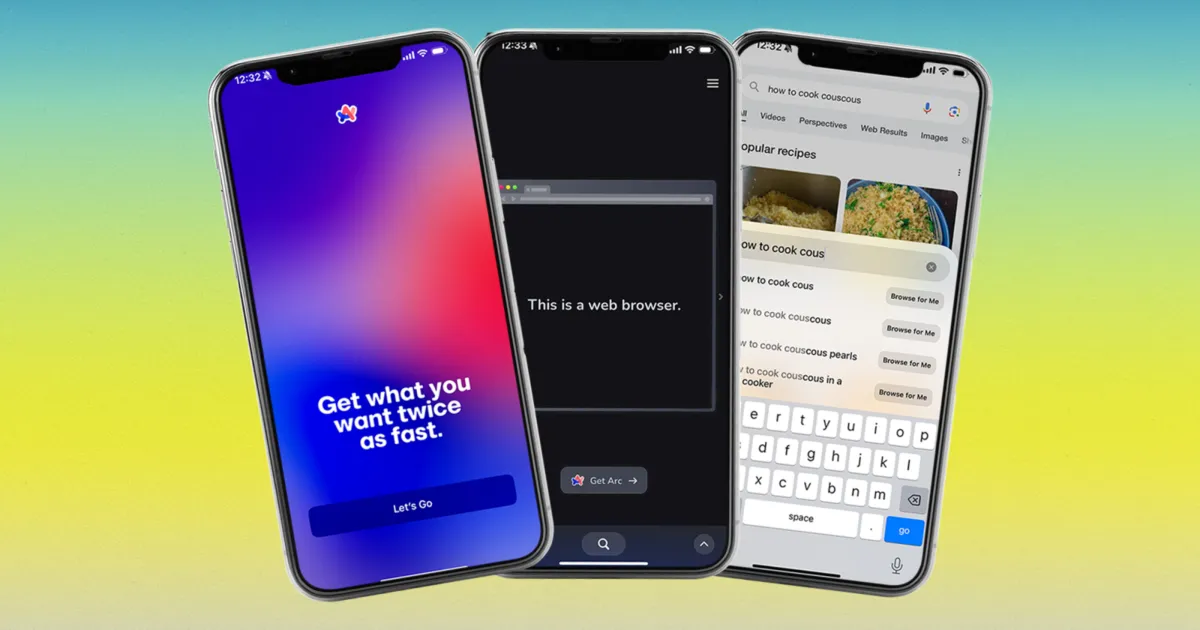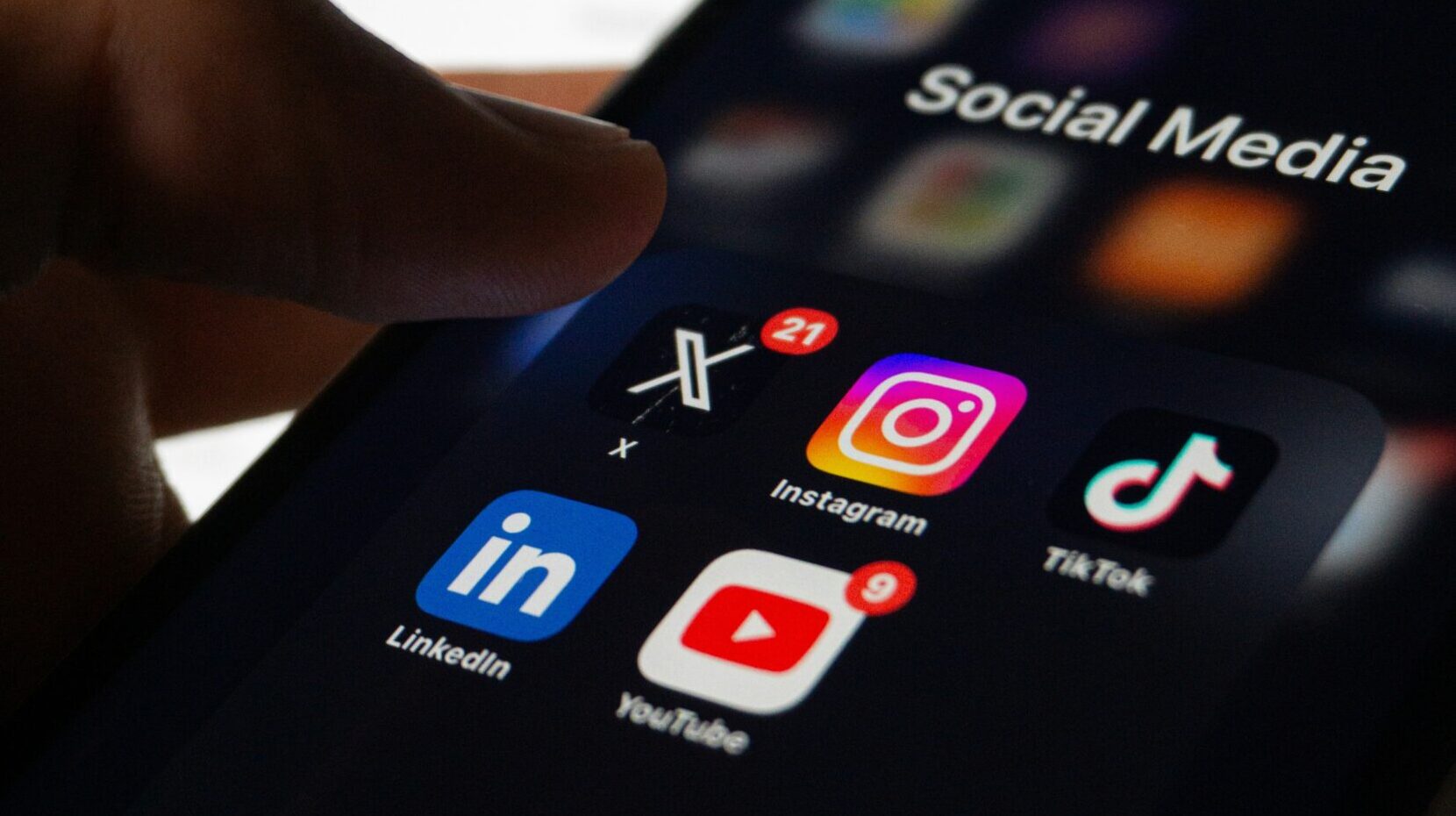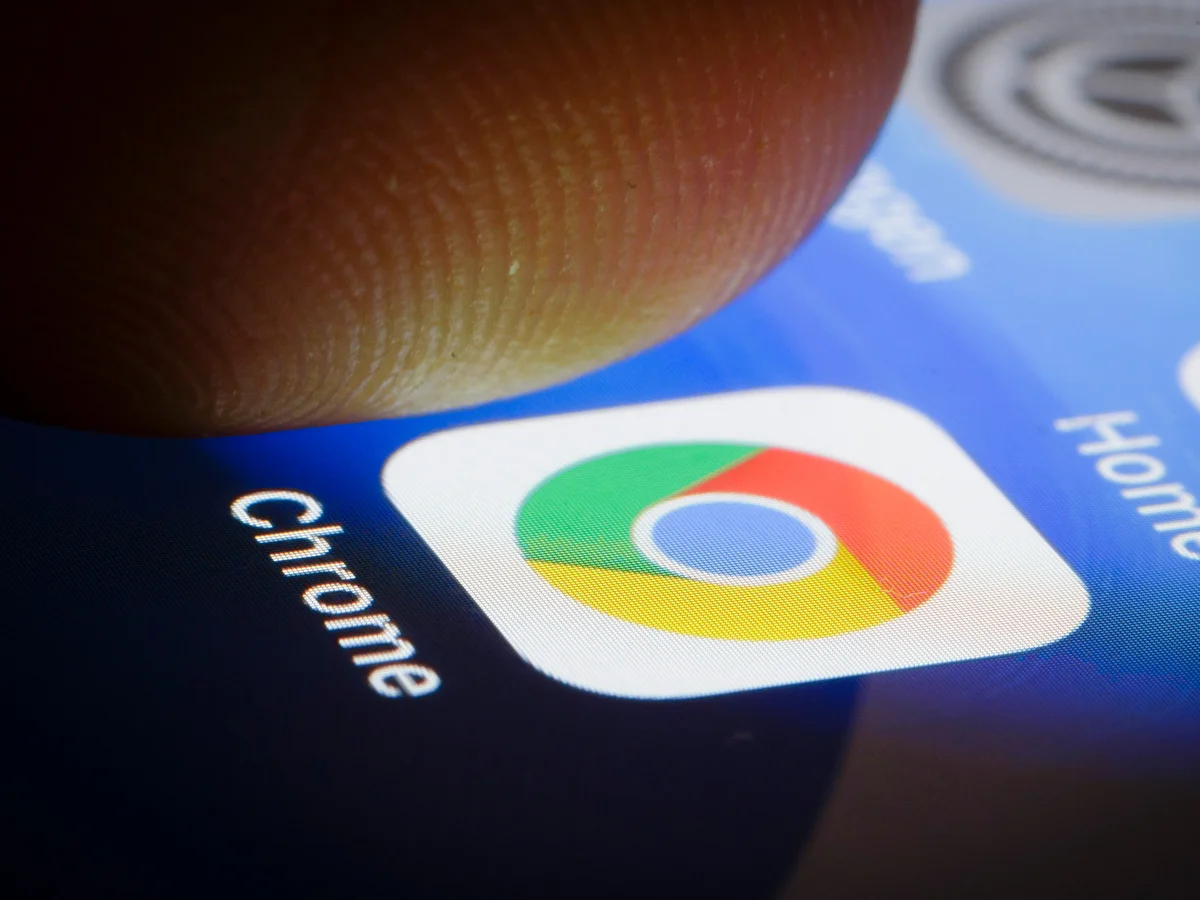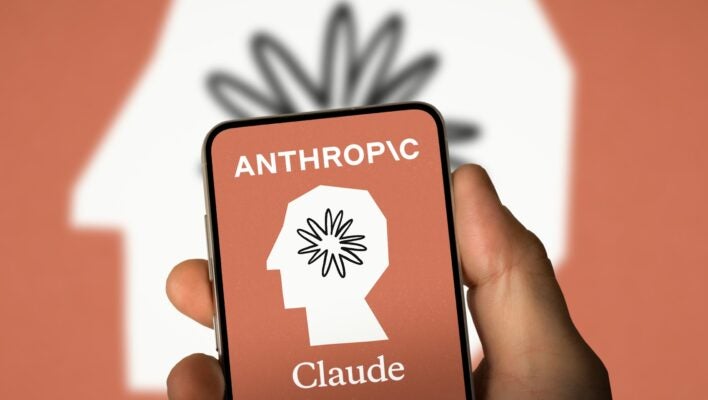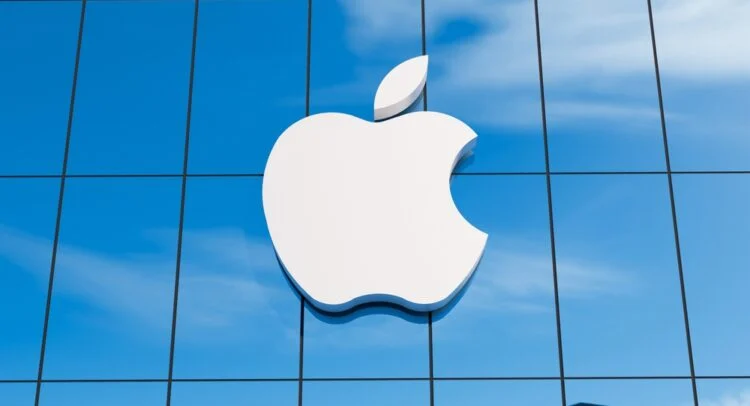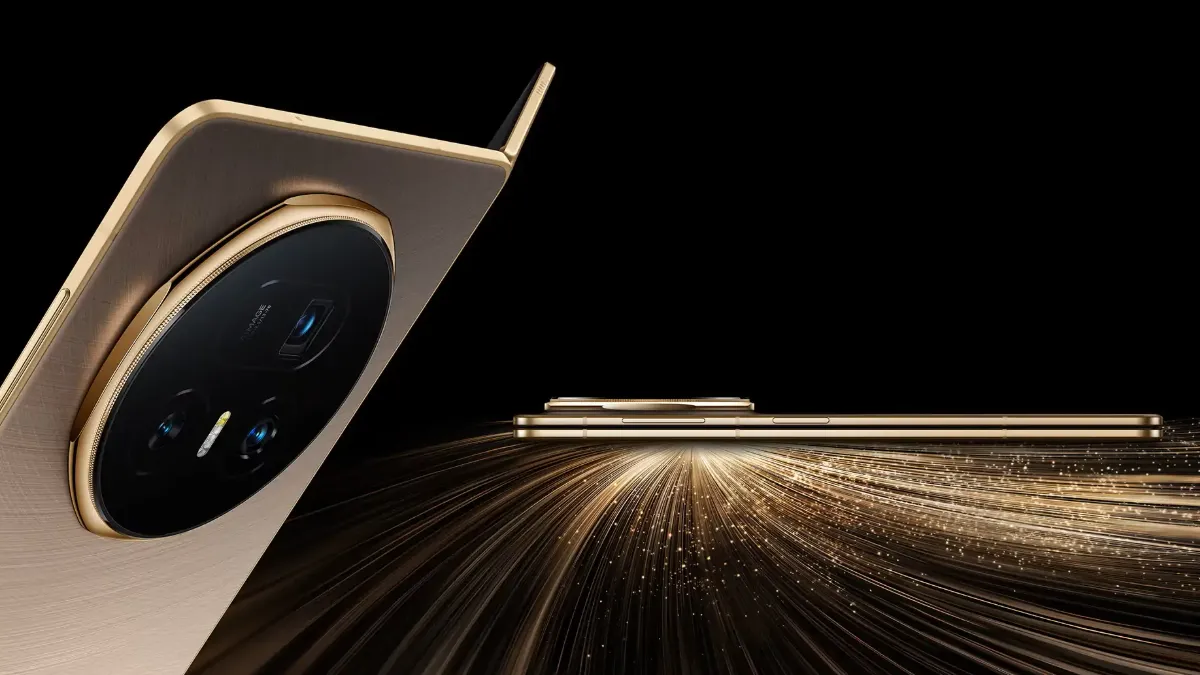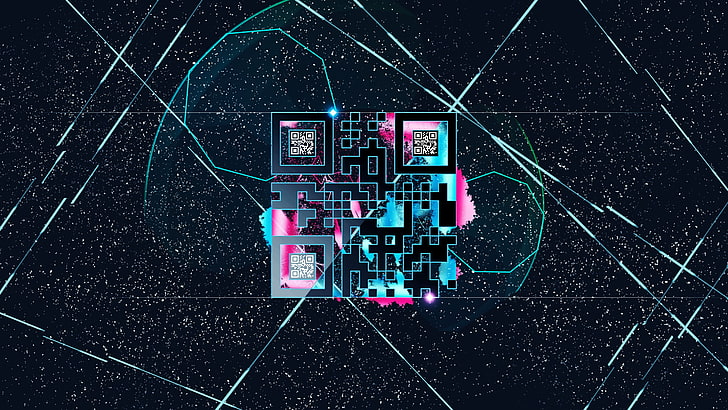
Beware of the ongoing QR code scam!
Ever get a package you didn’t order with a strange QR code slapped on it? It might seem harmless, like a quick scan could solve the mystery. But hold off—the FBI is waving a red flag about a sneaky scam involving QR codes. Scammers are using these codes to trick people into sharing financial details or downloading malware. It’s a growing problem, and you’ll want to stay sharp to avoid getting burned.
A New Twist on an Old Trick
The FBI recently issued a warning about a scam tied to unsolicited packages. These aren’t just random deliveries—they’re part of a scheme called a “brushing scam.” In the classic version, shady online sellers send you stuff you didn’t order, then use your name to post fake reviews to boost their product ratings. Now, scammers are upping their game by sticking QR codes on these packages. Scan one, and you might land on a shady site asking for your credit card info or installing malware on your phone.
“It’s not as common as other scams, but it’s serious,” the FBI said. They’re urging everyone to think twice before scanning QR codes from unknown sources. The codes play on our curiosity, tempting us to find out why a random package showed up. But that quick scan could lead to big trouble, like stolen data or a hacked device.
How the Scam Works
Here’s the deal: you get a package you didn’t order, maybe a cheap gadget or a random trinket. On it, there’s a QR code with a note like “Scan for return info” or “Check your order.” You scan it, expecting answers, but instead, you’re sent to a fake website. Some sites ask for personal details—like bank info or passwords—while others push you to download malicious software. Either way, scammers win, and you’re left with a mess.
The FBI says this is a twist on brushing scams, which have been around for years. But adding QR codes makes it more dangerous. Why? QR codes are everywhere now—restaurants, parking meters, even ads. We’re so used to scanning them that we might not stop to question a sketchy one.
Why It’s a Big Deal
QR code scams are popping up beyond just mystery packages. Criminals are getting bold, sticking fake QR codes over real ones in public places. For example, the New York Department of Transportation recently warned about fake QR codes on parking meters. Scanning them led to a site asking for credit card details. It’s a clever trick, and it’s catching people off guard.
Here’s what you need to know about this scam:
- Unsolicited Packages: Scammers send random items to trick you into scanning QR codes.
- Financial Theft: Fake sites may steal your bank details or personal info.
- Malware Risk: Scanning can download software that hacks your phone.
- Brushing Scam Twist: QR codes add a new layer to fake review schemes.
- Growing Trend: QR code scams are rising as codes become more common in daily life.
How to Stay Safe
The FBI’s advice is simple: don’t scan QR codes on packages you didn’t order. Toss the package or return it without scanning. Most phone cameras show the web address before you visit a QR code’s link, so check it first. If it looks fishy—like a random string of letters or a weird domain—don’t tap it. Even for QR codes in public, like on posters or menus, take a second to inspect them. Scammers sometimes slap fake stickers over legit codes.
You can also tweak your phone settings to stop automatic QR code previews. On iPhones, go to Settings > Camera and toggle off “Scan QR Codes.” For Android, it varies, but you can usually find it in the camera app settings. This gives you an extra layer of control.
What’s Next?
The FBI’s warning comes as QR codes are everywhere—think restaurants, events, even parking lots. Their convenience makes them a scammer’s dream. While this brushing scam variant isn’t the biggest fraud out there, it’s sneaky enough to catch unaware folks. Posts on X show people sharing stories of getting weird packages with QR codes, some narrowly avoiding scams by checking the URL first.
The bigger picture? Scammers are adapting to our tech habits. As QR codes become a daily norm, we need to stay cautious. The FBI’s pushing for awareness, but it’s on us to double-check before we scan. Next time a mystery package shows up, maybe just leave that QR code alone. Better safe than sorry, right?
Follow techzips.com for more news like this.


